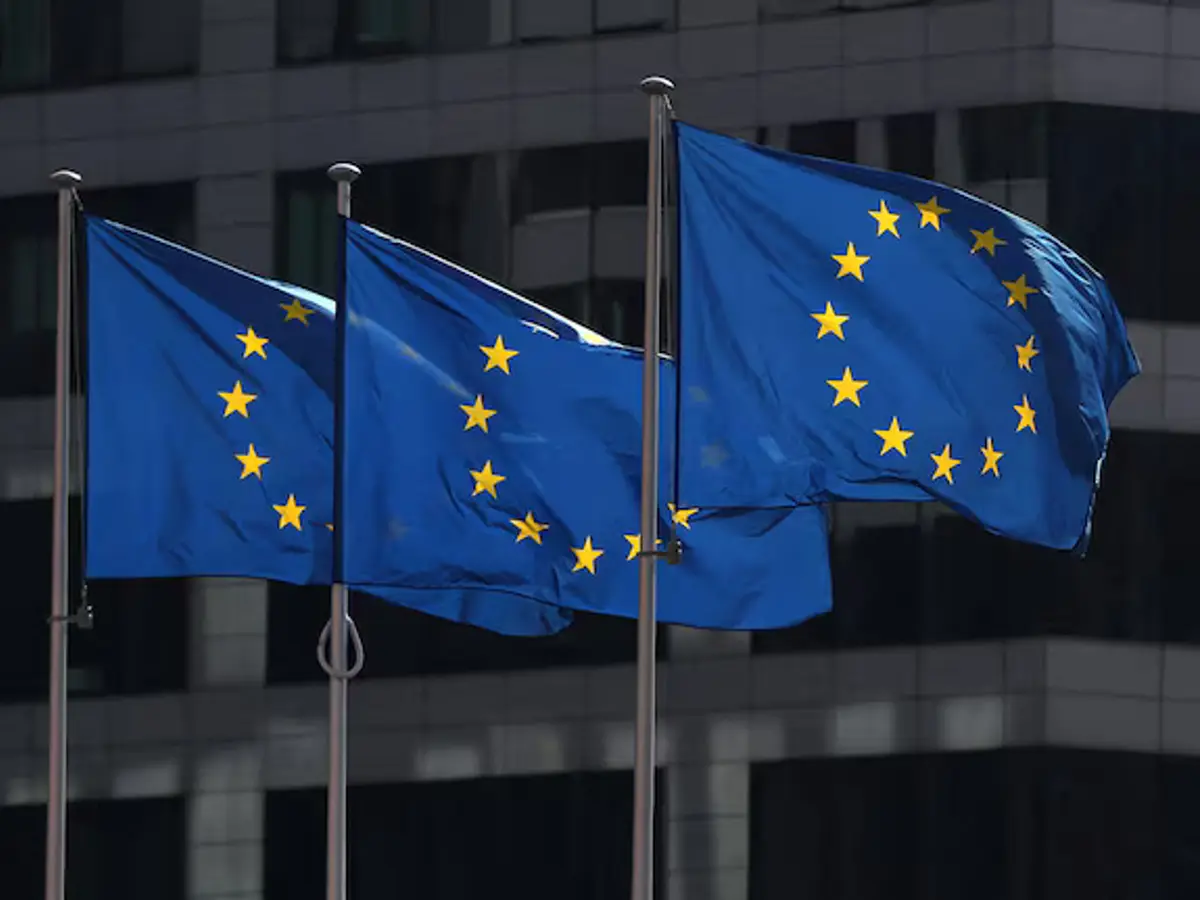The European Union (EU) has expressed strong opposition to US President Donald Trump’s threatened 30 per cent tariffs on imports from the bloc, due to take effect next month. Following a meeting of EU ministers in Brussels on July 14, EU officials made it clear that they are prepared to implement countermeasures if the tariffs are imposed, signalling a deepening trade rift between the two economic powerhouses. Maros Sefcovic, the EU’s trade representative, stated that the threat of such high tariffs is “absolutely unacceptable.”
Sefcovic emphasised that while the EU remains committed to resolving the issue through negotiations, it must also be prepared for all potential outcomes. “It takes two hands to clap,” he remarked, referring to the necessity of cooperation from both sides to reach a mutually beneficial agreement. Despite the escalating tensions, Sefcovic expressed hope that a deal could still be achieved. “A negotiated solution is much better than the tension we might face after August 1,” he added. The EU has proposed countermeasures targeting up to $24.5 billion worth of US goods, should the tariffs go into effect.
US tariffs shake European economy
The proposed tariffs have caused alarm within the EU, particularly in countries like Germany, which could be severely impacted by the trade restrictions. German Chancellor Friedrich Merz warned that the 30 per cent tariff would “hit the German export industry to the core,” with significant knock-on effects for the wider European economy. The German Chamber of Commerce and Industry (DIHK) also issued a call for urgent negotiations to avoid a complete breakdown in transatlantic trade relations.
On July 14, European stock markets dipped, with automotive and alcohol sectors bearing the brunt of the decline. Investors are increasingly concerned about the potential impact of a full-scale trade war between the US and Europe. According to analysts, the tariffs could disrupt established supply chains and harm businesses on both sides of the Atlantic.
While EU officials are holding firm on their desire for a negotiated solution, the White House has signalled openness to further discussions. Speaking from the Oval Office, President Trump reiterated that he is “always open to talk,” including with European officials, and confirmed that EU representatives would be travelling to the US for trade talks in the coming days.
EU’s countermeasures and global trade concerns
The EU’s readiness to retaliate with counter-tariffs comes as part of a broader scramble by nations worldwide to strike trade agreements ahead of the looming August 1 deadline. South Korea, Canada, and Mexico are also in negotiations with the US to prevent the imposition of tariffs, with each country trying to secure exemptions or reduce the scope of the proposed duties.
For now, the EU’s focus remains on avoiding a tariff conflict while seeking a fair and balanced trade deal. However, if a resolution is not reached soon, the consequences could be far-reaching for industries on both sides. From the wine producers in Italy to the US automotive sector, businesses are bracing for the possibility of substantial financial losses. The EU’s unified stance on the issue signals the bloc’s resolve to protect its economic interests, but with the August 1 deadline fast approaching, the clock is ticking for both sides to find common ground.
